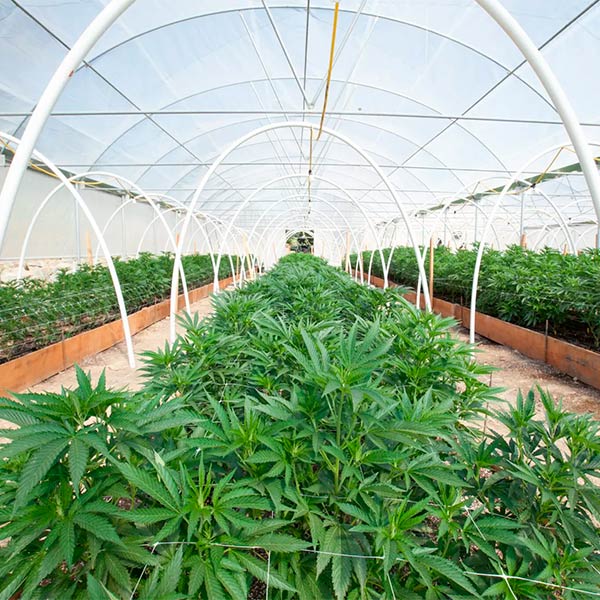
On April 1, 2022, the Ministries of Justice, Agriculture and Commerce issued Joint Resolution 539 of 2022, which regulates Decree 811 of 2021, in relation to international trade operations of seeds for planting, grains, plant components, cannabis plants, cannabis derivatives and related products. This resolution completes the regulation that implements the provisions of Decree 811, which set the new guideline for the different uses of cannabis in Colombia. The new Resolution focuses on establishing the requirements that both importers and exporters must comply with when carrying out international trade operations with cannabis in its different forms and its derivative products.
Mainly, the Resolution indicates that importers of cannabis in Colombia or those interested in entering cannabis from the rest of the world to a free trade zone in Colombia must submit the corresponding import license application or free trade zone entry application through the Single Window for International Trade (VUCE, for its acronym in Spanish). For this purpose, importers must obtain the competent authorities’ approvals, as indicated in Decree 925 of 2013.
Among said competent authorities are the Colombian Agricultural Institute (ICA), the National Institute for Drug and Food Surveillance (INVIMA) and the Subdirectorate of Control and Fiscalization of Chemical Substances and Narcotics of the Ministry of Justice. The need for the approval of each of these authorities will depend on the type of operation to be carried out (whether it is an import or entry into a free trade zone) and the product in question: plant component, grain, cannabis plant in a vegetative state or other.
In turn, in the export regime, those interested in exporting cannabis from the national customs territory to the rest of the world or from a free zone to the rest of the world must submit the corresponding request for the corresponding approval at the VUCE. The required approvals, depending on the product and the operation, will constitute supporting documents for the operation and must be submitted with the shipment authorization request or the free trade zone goods movement form.
Thus, the regulatory framework that will regulate the uses of cannabis and the possibilities that the members of this industry have to produce and commercialize their products in Colombia and from Colombia to other markets is now firmly established. Resolution 539 reinforces what was already established in Decree 811 regarding the opening to new industrial uses of cannabis, its inclusion under the free trade zone regime and the development of this industry through the increase of international trade operations. With this, the cannabis industry in Colombia is positioned as one of the most competitive in the region and as a promise for economic reactivation.